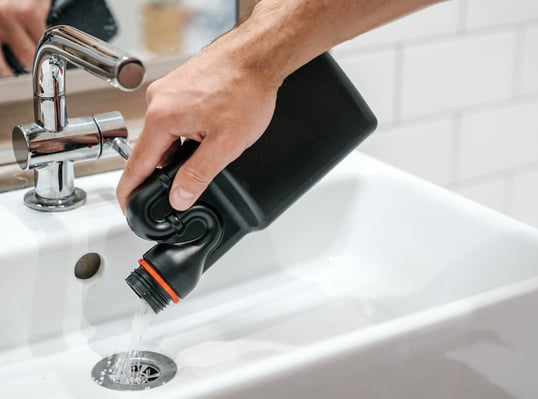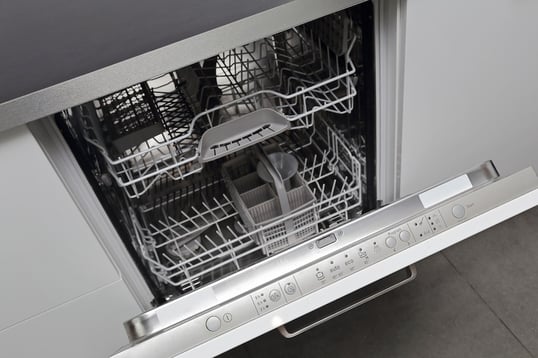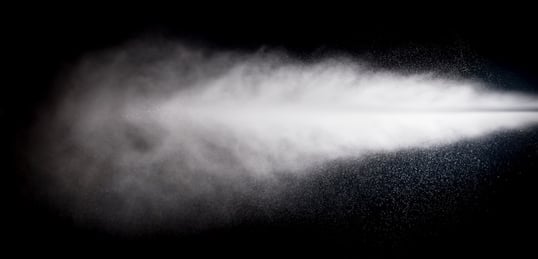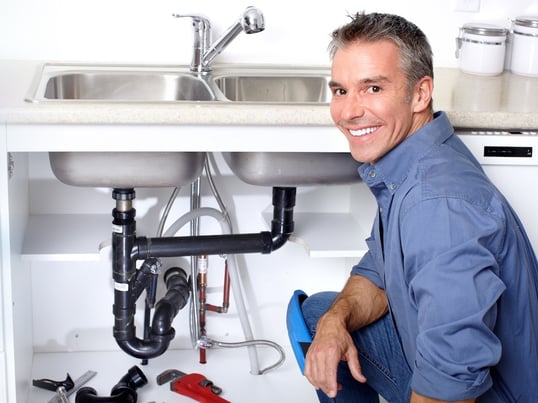What you don’t know about stubborn toilet clogs (and how to remove them) might only make matters worse for your DIY clog-removal efforts. While there are some handy tools and clog-removal tricks you can use to better deal with clogs and toilet repair, the problem may not actually concern your toilet, but rather your home drain pipes.
Read More
The toilet is known by many names – the commode, the john, the head, the loo, the can… the list goes on. But how exactly does this porcelain throne work? In this blog, we’ll dive into the history of the toilet and its inner workings, along with some DIY recommendations.
Read More
When your drain is clogged, it’s not uncommon to reach for the nearest commercial drain cleaner. And for good reason – they work, often quickly clearing stubborn blockages. But, have you ever stopped to think about why they’re so effective? What you don’t know about chemical drain cleaners, their ingredients, and the way they work may surprise you.
Read More
Installing high-efficiency, low-flow toilets in your home is just one way you can lower conventional water use. By consuming less water with every toilet flush, you benefit not just the environment, but also your wallet. Low-flow toilets are designed to consume as little as 1.1 gallons of water per flush (GPF); compared to the old-school toilet models (commonly in homes as little as ten years ago), this is a revolution in water consumption.
Read More
Dishwashers have become a major convenience in our lives. We load up the day’s dishes, run a cleaning cycle, and spend the next hour completing other tasks. It’s so easy, we often take having a dishwasher for granted – until it suddenly isn’t working. The food particles and other items that collect in your dishwasher over time can create clogs and cause backups that limit performance.
Read More
Home plumbing improvement, DIY cleaning, and routine repairs can help you keep your drains and pipes functioning for years to come and reverse the wear of aging and chemical breakup.
Read More
Commercial plumbing is often subjected to far greater pressures than its residential counterparts. In most instances, commercial systems are more complex and see far heavier usage than the plumbing found in a typical household. After all, residential plumbing only has to serve the limited needs of the family living in the home. Commercial plumbing, in many instances, has to provide service to dozens, perhaps even hundreds of people, sometimes even around the clock.
Read More
Environmental consciousness isn’t a fad or even an option anymore; it’s something that’s, increasingly, becoming required by law in the form of property plumbing regulations at both the state and national level. In California, property owners have to adhere to water-conservation regulations since they were introduced in 2019.
Read More
While being your own plumber may not fit the definition of glamorous, having the skills of a well-versed handyman can be very useful, especially in cases of emergency. Homeowners and business owners alike can find great benefits in being their own go-getter. No area is off limits, and that includes self-inspecting your commercial plumbing.
Read More
When it comes to handling both plumbing emergencies and maintenance, businesses located on commercial property in Sacramento, and its surrounding areas, need effective and fast plumbing services.
Read More










